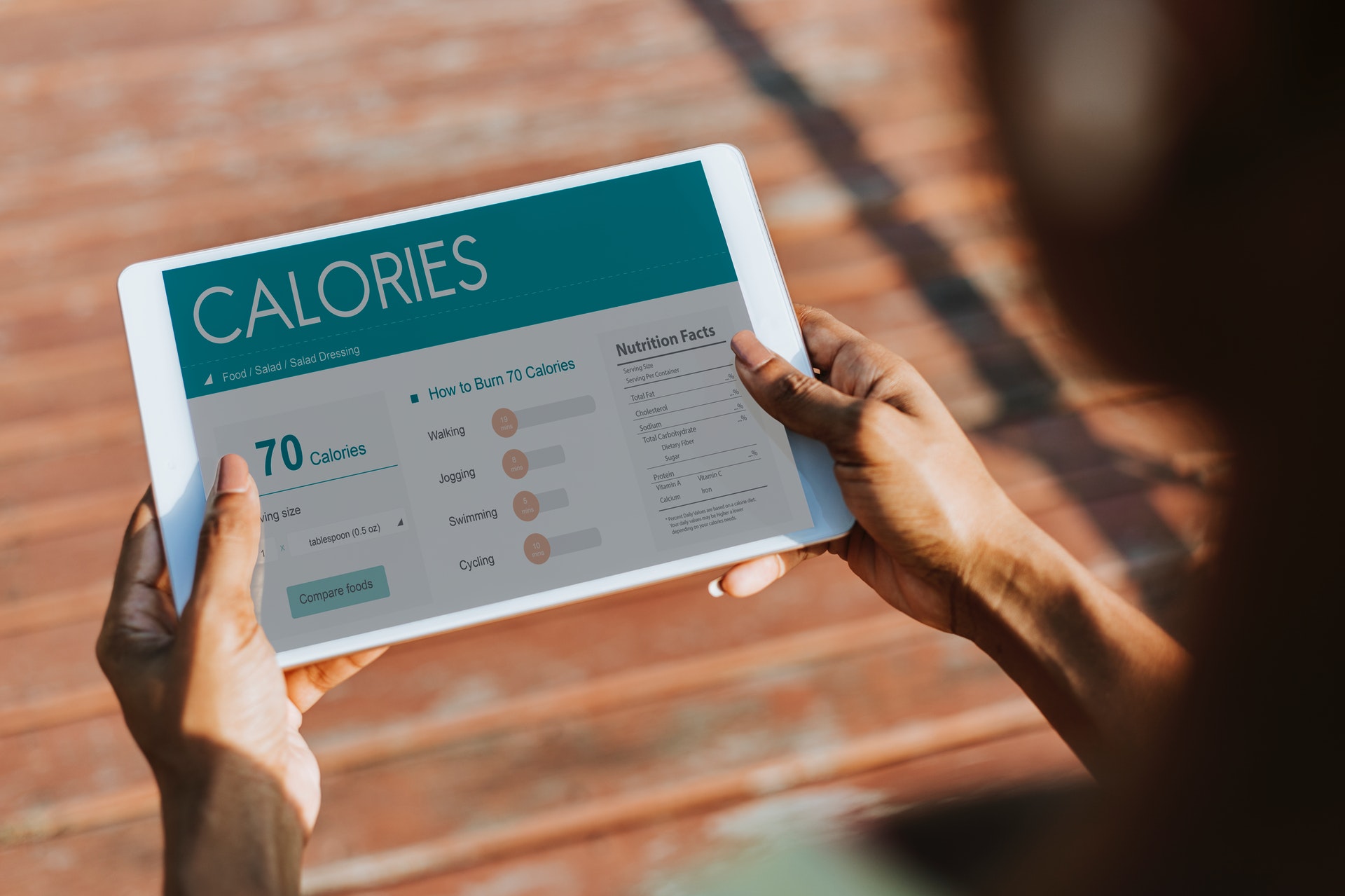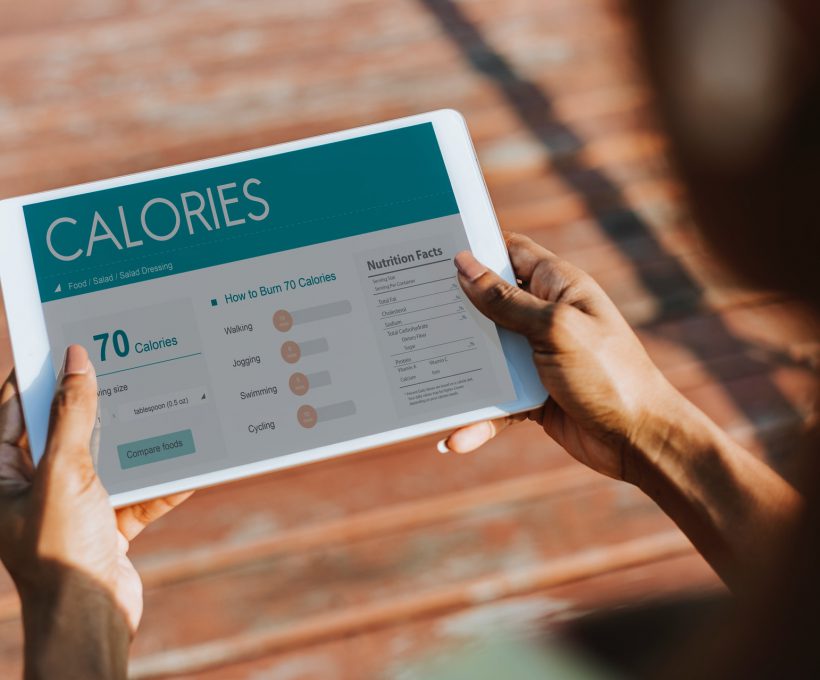We all know by now how technological advancement is transforming the way we live, work and play.
The field of healthcare is no exception, especially as more people are using their smart devices to track, manage and improve their health.
Using smart devices is just one example of how we’re adopting to digital health, where digital technologies are utilised whether by healthcare professionals or individual patients to help enhance people’s health and wellbeing.
It encompasses subsectors such as mobile health, health information technology, “wearables”, telemedicine and personalised medicine, and a wide range of technologies including mobile applications, artificial intelligence, robotics, big data and Internet of Things.
For governments around the world, digital health is necessary to revolutionise the healthcare sector by way of disruptive technologies and cultural change in order to address health problems faced by today’s growing and aging population.
Through digital health, healthcare professionals, providers and relevant stakeholders hope to be able to improve the efficiency of healthcare delivery, boost access, reduce cost, enhance quality of care and provide more precise and personalised medicine and nutrition.
For Sarawak, adopting digital health as part of its digital economy agenda will boost the level of its healthcare services and enable greater healthcare accessibility to its people, especially those who are living in rural and remote areas, as well as foreign workers staying in the region.
With world-class digital health services, Sarawak will also be able to further grow its economy through its health tourism industry, with the aspiration of becoming a top destination for health tourists in Malaysia and beyond.
Having said that, if you’re currently in search of a career to pursue, you might assume that you need to have an educational background in health to succeed in digital health.
The truth, however, is that you don’t necessarily need to study for a medical degree because digital health is multi-disciplinary.
In fact, professionals in this field are experts in various disciplines, for instance healthcare, public health, economics, engineering, social sciences, and data management.
Therefore, if you’re interested in digital health, make sure that you familiarise yourself with the healthcare sector, from the basics of healthcare and industry trends to government healthcare policies and business models.
Above all, should you intend to pursue a career in this field – or healthcare in general – do it because you’re passionate in helping lives through technological innovation and not because of monetary gain.
This is because the work you do in the healthcare sector, whether through research and development, services or other means, can have a strong impact on people’s lives.
This is a weekly column by SarawakYES! – an initiative driven by Faradale Media-M Sdn Bhd and supported by Angkatan Zaman Mansang (AZAM) Sarawak – to provide advice and stories on the topics of education and careers to support Sarawakians seeking to achieve their dreams. Join us on Facebook, Twitter, Instagram and YouTube.
This article first appeared on The Borneo Post, published in the print version on Saturday, April 27, 2019.
Photo by rawpixel.com from Pexels.




